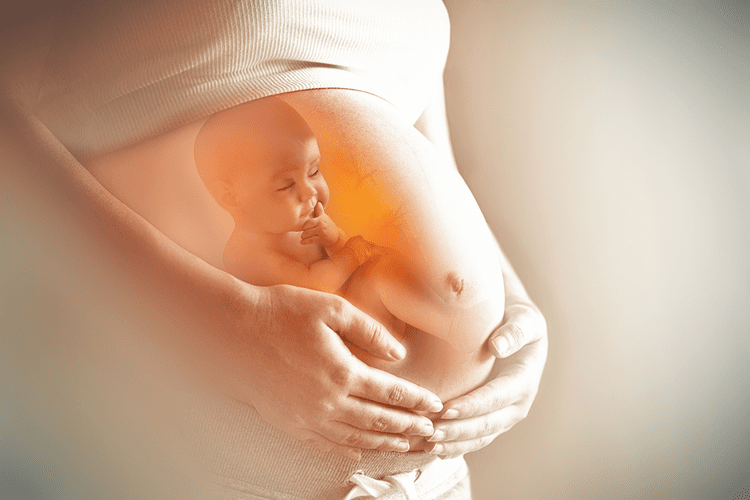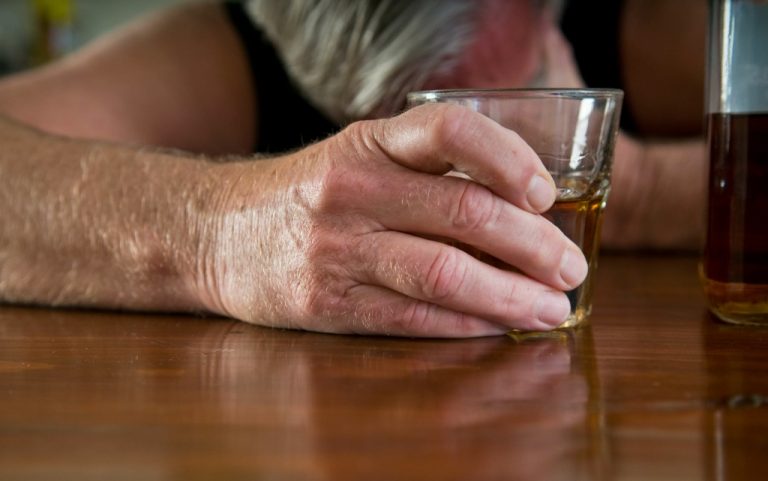When i drink more than 4 or 5 drinks in an hour and they all settle in, it is almost a guarantee that i will have a sneezing fit. I mean sneezing at least 5-10 times in a minute, mucous and runny nose and all. Having sluggish ALDH2 enzymes, or lower levels of it altogether, is ultimately the product of having genetic variation in your ALDH2 gene. Specifically, genetic changes that make your corresponding ALDH2 enzyme bad at its job. What's more is that this genetic variation can be passed down from parent to child, making alcohol intolerance an inherited condition.
Possible effect of the ingestion of alcohol on allergic rhinitis
It’s also found in many foods and beverages, especially fermented products. For example, aged cheese, smoked meats, sauerkraut, wine, and beer tend to be high in histamines. Alcoholic beverages contain various ingredients, including grains, additives, and artificial flavoring, which trigger intolerance in certain individuals. Ingredients like wheat, barley, rye, or corn provoke digestive distress or allergic-like symptoms in individuals with sensitivities.
What is the best alcohol for alcohol intolerance?
If an allergy to a certain ingredient in alcoholic drinks is suspected, an elimination diet may be recommended. This involves avoiding the suspected allergen to see if symptoms improve. Allergy tests such as skin prick or blood sneezing after drinking alcohol tests may also be conducted to identify specific allergens. Allergy tests for alcohol are usually negative, but are sometimes positive to breakdown products of ethanol such as acetaldehyde or acetic acid. The human body constantly produces small amounts of alcohol, so it is unknown why some people have allergic reactions when they consume alcohol.

Alcohol Allergies
Alcoholic drinks can trigger a variety of allergic and allergy-like reactions, such as rhinitis, itching, swelling, headaches, cough, and asthma. Importantly, alcohol does not solely exacerbate seasonal or perennial rhinitis but can induce rhinitis symptoms in individuals predisposed to any type of this condition. Nonallergic rhinitis can also occur following the consumption of certain food triggers, particularly hot or spicy items. Furthermore, alcohol can cause swelling in the nasal tissue, leading to nasal congestion—an aggravating factor for allergic rhinitis symptoms. While true alcohol allergies are rare, intolerance can lead to noticeable reactions post-consumption.

What are the symptoms of alcohol intolerance?
People who have a true alcohol allergy should avoid drinking alcohol entirely. Excess histamine levels in the bloodstream trigger blood vessel expansion, resulting in a histamine reaction, causing facial redness and warmth. Various people rely on prescription antihistamines or antihistamine use before drinking to reduce symptoms, although intolerance remains unchanged in alcoholism treatment such cases. Chemical additives, including artificial colors or stabilizers, further irritate the system and contribute to discomfort. People with grain allergies or intolerances often experience bloating, nausea, or sinus congestion after consuming specific alcoholic drinks. One of the most common alcohol intolerance symptoms is red bumps or hives.
- Epsom salt baths may help with sulphite sensitivity over time, as well as a mineral called molybdenum which can be taken as a supplement.
- It may be due to an allergy to various ingredients in alcoholic beverages, such as grains, wheat, barley, hops, sulfites and yeast.
- In some cases, over-the-counter or prescribed medications might help alleviate symptoms.
- Additionally, take care not to over-strengthen the tequila because the alcohol might cause dehydration.
- While a blood allergy test can help identify an allergy to certain components in alcoholic beverages, it won't confirm alcohol intolerance.
However, standardized skin testing using different types of alcohol is not currently available. If a person thinks they have an alcohol allergy, they should eliminate alcohol from their diet and consult with a healthcare professional. However, some people with Hodgkin lymphoma experience pain in their lymph nodes after consuming alcohol. We will also look at what causes alcohol allergies and review the differences between alcohol allergy and intolerance. Even though alcohol is liquid, it contributes to dehydration, which can worsen sinus issues and lead to swollen nasal linings.
This could be due to specific ingredients or allergens in these beverages. The phenomenon of sneezing after beer consumption can be attributed to a combination of factors including the presence of histamines, allergens, carbonation, and individual sensitivities. Understanding these factors can help identify potential triggers and provide effective strategies for managing or preventing sneezing. There is no evidence to suggest that specific types of alcohol are more likely to induce sneezing. However, some individuals may find certain alcoholic beverages, such as wine or beer, more likely to trigger the sneezing reflex due to their individual sensitivities. Unfortunately, nothing can prevent reactions to alcohol or ingredients in alcoholic beverages.
Sudden sneezing episodes can occur without warning, also referred to as sternutation. If you have a true alcohol allergy, even small amounts of alcohol can cause symptoms. Differences between alcohol intolerance and alcohol allergy describe the distinct ways the body reacts to alcoholic beverages.
We use a pharmacist-formulated blend of Quercetin, Bromelain, Dihydromyricetin, Cysteine, L-Theanine, & B Vitamins to stop alcohol flushing before it can begin. Beer also contains histamines which could cause a reaction in some people, including sneezing and stuffy nose after drinking. The negative effects of alcohol on the immune system can further exacerbate allergic responses. Studies have identified a positive correlation between alcohol consumption and the risk of developing perennial allergic rhinitis, highlighting its role in allergy symptomatology.
And if you’re looking for something to help boost your immune system, choose a drink high in antioxidants. The above seven drinks are all great choices when you’re under the weather. The sangria’s citrus will help break up mucus, and the wine will help boost your immune system.
Why am I sick every time I drink?
Histamine is present in various types of food, including aged cheese, processed meats, alcohol, fish and other foods, as https://ecosoberhouse.com/ well as in some medications. Additionally, HIT is more common in those with mast cell activation disorder (MCAD), a condition in which the mast cells in the body produce too much histamine. The best approach for managing alcohol intolerance is to avoid or limit alcohol. If one suspects alcohol intolerance, consulting a healthcare professional is vital. They can offer guidance and recommend tests to rule out other conditions. The body processes alcohol in the liver using enzymes that convert it to other compounds.
Throat Pain Due To Bacterial Laryngitis: Symptoms, Prevention, Treatment- Antibiotics
An allergist is a special type of doctor that focuses on allergic conditions. The symptoms of alcohol intolerance indicate alcohol sensitivity, and are triggered shortly after consuming alcohol. To alleviate discomfort, over-the-counter nasal sprays like fluticasone or azelastine can be beneficial. Certain alcoholic drinks, particularly beer and wine, contain high histamine levels, which can further contribute to nasal issues. Some people (most commonly people with an Asian background) develop severe facial flushing (redness in the face) if they consume small amounts of alcohol. Others believe it’s just a coincidental occurrence with no real significance.

